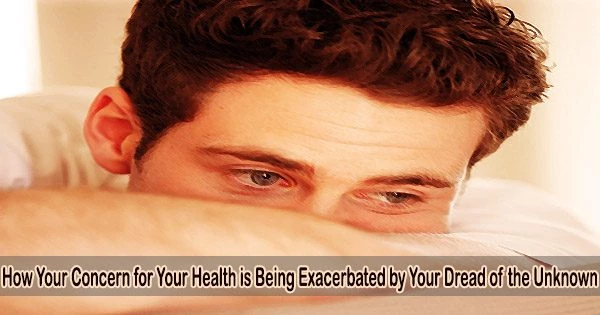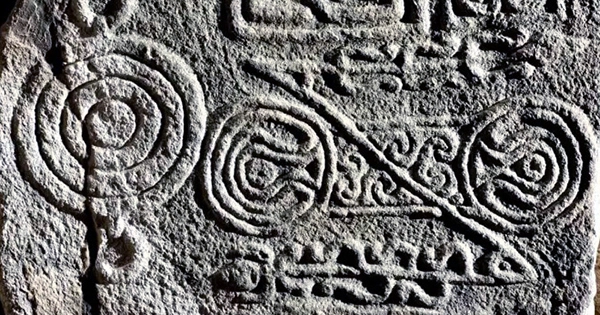Health anxiety, also known as illness anxiety disorder or hypochondriasis, is a mental health condition characterized by excessive and persistent worry about having a serious medical condition.
Those who struggle with health anxiety frequently hold certain underlying basic assumptions about health and illness. The idea that one should always be completely certain of their health status is one form of belief. This is not only unnecessary but an unattainable goal.
We cannot be assured about anything in life, including our health, because we live in an uncertain environment. The fear of the unknown is a construct that has a name. It is called the “intolerance of uncertainty.”
People with high degrees of uncertainty intolerance perceive unclear future circumstances or occurrences as frightening and find it challenging or impossible to cope with them.
Individuals with health anxiety often misinterpret normal bodily sensations as signs of severe illness, and they may have a preoccupation with the fear of having or developing a serious disease, even when there is little or no medical evidence to support such concerns.
Grasping for Certainty
However, those who have health anxiety find it difficult to know for sure that they do not have a medical issue. As a result, if a symptom or physical experience appears, they need to identify its reason. When they are unable to do this, they frequently go into a negative cycle and believe that their lack of certainty will cause them to develop a fatal illness or pass away.
They then look for assurance through testing, doctor consultations, conversations with friends and family, or online research, but discover that they are never completely happy because it is hard to know their health state for sure.
Learning to Become Friendly with Uncertainty
So, how does one address the intolerance of uncertainty? They learn to reshape how they see uncertainty altogether. Think about it this way. Imagine if you woke up in the morning and knew every single detail about your day in advance.
Imagine that you could predict everything, including the flavor of your meal, the jokes your employees would tell, the adorable things your kids would do, the romantic surprise your lover would receive, the news that would make headlines, and who would become famous.
Now, imagine if you knew all of that detail every single day for the rest of your life? How boring is that? Uncertainty might be scary at times, but it also makes life interesting and fun.
Consider the occasions in your life when something unexpected turned out to be fantastic as another way to approach the issue. It can have been your first date with your significant other, a surprise party, a promotion, or the birth of a new child.
Living in a world of certainty would rob you of all the beauty and pleasure that life’s surprises have to offer. So, instead of seeing uncertainty as inherently bad, work on seeing the beautiful aspects. All things come at a cost.
We have to understand that both good and bad things will happen in our lovely, thrilling, and occasionally unpredictable world. Put your attention into enjoying the good and preparing for the bad rather than fearing and dreading the uncertainty.












